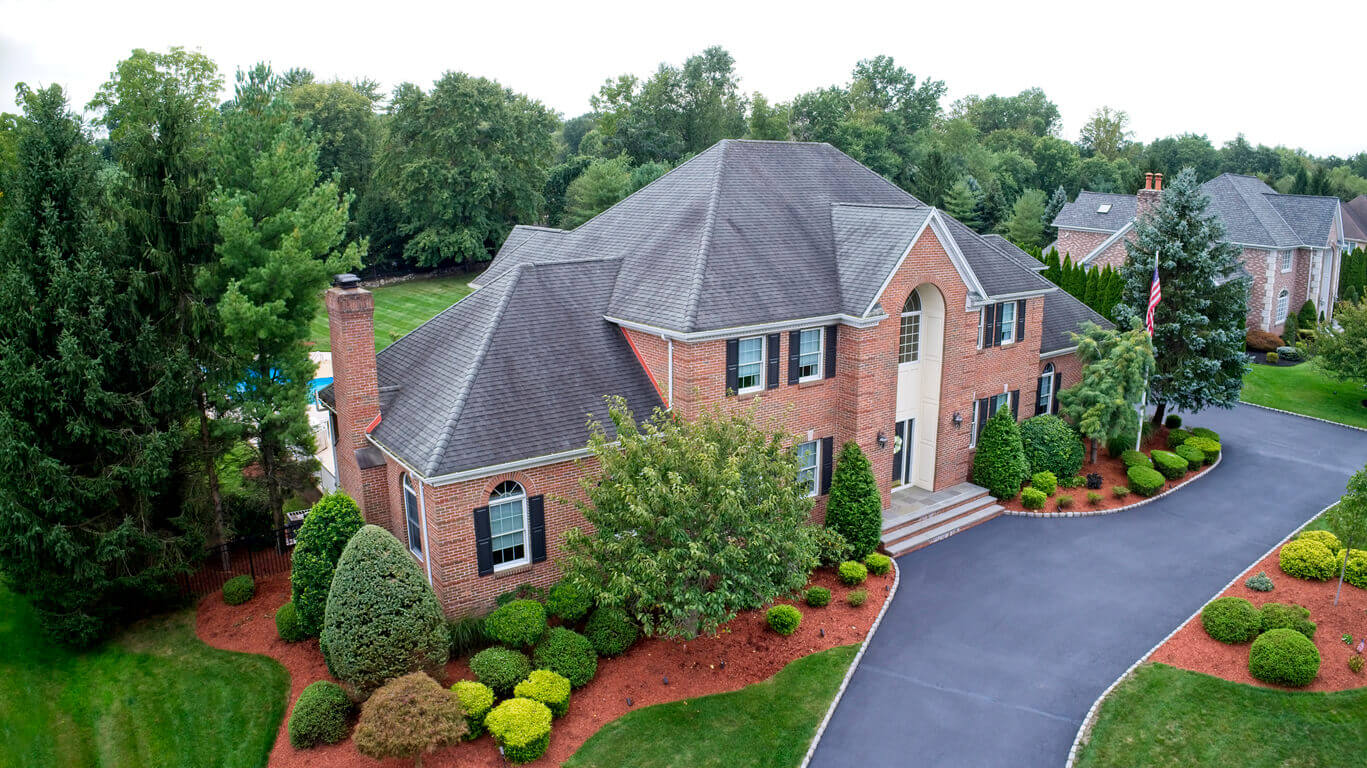Do Bigger Homes Have Bigger Risks?

It is not uncommon for many of us to dream of owning a sweepingly large home. This dream is particularly true for those of us who live in cramped spaces. On the other hand, some people have lived in large houses since childhood and don’t see themselves settling for a smaller space.
Larger homes do have their advantages, particularly nowadays when families are evolving. However, there are unseen risks that come with acquiring a house bigger than the average. Weighing in these risks before committing to purchase one is critical. One would not want to be caught unaware of these liabilities and regret living in a big house that has become a burden afterward.
Here we talk about the large risks bigger houses come with (pun intended) to help you decide whether getting such a home is worth it.
Problems in location and salability
Simply put, you can’t just readily find large homes in urban areas. Big homes in the suburbs are more likely but still depend on the neighborhood. With this, access to amenities like malls, hospitals, schools, and businesses might be a little too far.
While buying a bigger home in a less than desirable area would be much more affordable, chances are it’s going to be harder to sell or rent it to others if the time comes that you want to move.
Increased mortgage price
The mortgage cost of a large home can increase due to its size and features, such as a basement. The mortgage isn’t the only cost you would have to worry about, though. The consequence of acquiring a bigger house often means higher closing costs, furnishing costs, property taxes, homeowners’ insurance, utility costs, energy costs, and higher renovation costs. These additional costs would add up in time and may take more money from your pocket than you originally intended to spend for your big house. Consider adding high-value home insurance if you have such a large house that you would like to maintain.
Changing trends in real estate
Real estate market trends change fast, so big home purchases might turn the other way once considered a smart investment. Younger people also shy away from buying bigger homes due to the increased time, money, and effort needed to maintain their upkeep. These things mean that you would have a limited number of people interested in buying your house once you decide to sell it. The return of investment would probably take longer compared to a modest, middle-sized house.
Wasted space
It is a common misconception that buying a bigger house means a bigger space, but you have to consider the usability of those spaces. Do you need seven bathrooms? Are there lots of bedrooms but not enough people to stay in them? Is the basement functional or just filled with junk from the previous owners? It helps to plan what to do with the spaces in a big home before purchasing. If all that extra space is wasted, it makes no sense to have a bigger house.
Issues with upkeep and maintenance
A bigger house needs more maintenance compared to a smaller one. Keeping your home in a decent and livable condition takes a lot of time and effort, one you might not always have. From maintaining your yard to overseeing preventative repairs to repairing big problems like leaking roofs and broken furnaces, there’s plenty that goes into keeping your home in good shape.
You can always employ professionals to oversee your home maintenance but be ready to pay for additional expenses. Home maintenance services are not always affordable (it’s hard to find one that is not suspicious nor half-baked for a lower price), and the fee depends on the house’s location and the extent of damage to be repaired.
Final thoughts
The need to impress others by buying a bigger home than what you need (and can afford) can backfire. There’s no sense in purchasing a large house just for show unless you can genuinely afford it. The decision to buy a bigger house should be based on other factors, such as location, lifestyle goals, environmental impact, home condition, and financial capability rather than social status.
If these risks are something you can genuinely afford to bear with, then go ahead-buy your large home! Remember, though, that it pays to be financially savvy when taking a good portion of your resources and using it to purchase the big house of your dreams so that there will be no regrets later.
About Daniels Insurance, Inc.
At Daniels Insurance, Inc., we have a unique understanding of the risks that businesses like yours face on a regular basis. With the backing of our comprehensive coverages and our dedication to customer service and quick claims resolution, your business will be fully protected. For more information, contact us today at (855) 565-7616.
